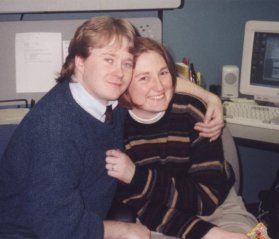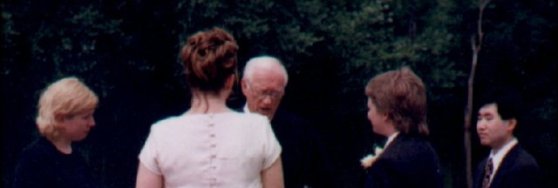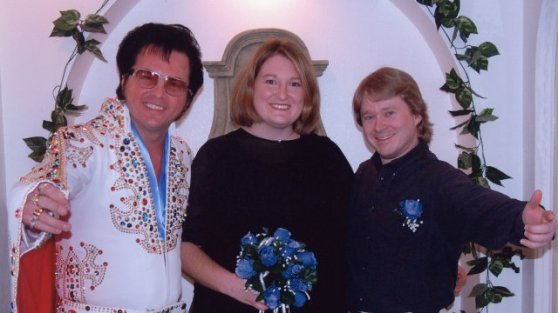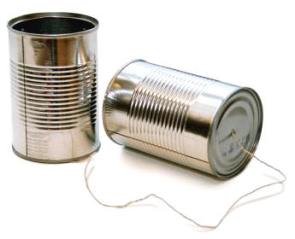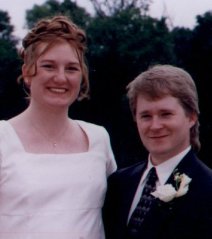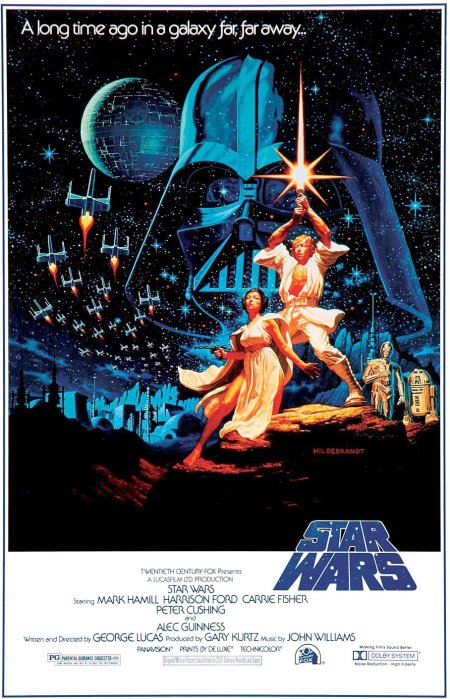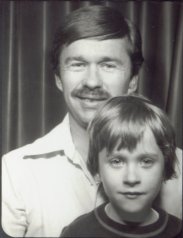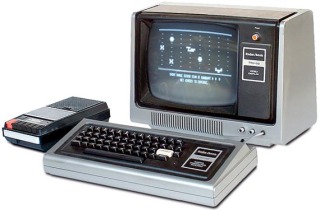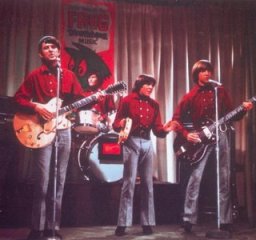 Daniel and I were sitting in a booth at the local Grill and Chill, finishing up the “grill” portion of our meals. We were surrounded by vintage pictures of Dairy Queen days gone by. Daniel eyed one hanging over our booth from the 1960’s. It featured a band called The Zonks.
Daniel and I were sitting in a booth at the local Grill and Chill, finishing up the “grill” portion of our meals. We were surrounded by vintage pictures of Dairy Queen days gone by. Daniel eyed one hanging over our booth from the 1960’s. It featured a band called The Zonks.
“I wonder why all old pictures are in black and white,” he said. I finished up my French fries.
“That was all they knew how to do a long time ago,” I said. “They invented black and white film first and didn’t invent color film until much later.” Daniel swallowed the last of his double cheeseburger, but seemed to have a hard time swallowing my explanation.
“That’s not right,” he said. “That can’t be right.”
“What do you mean?” I asked. Daniel paused for dramatic effect… and to test his Blizzard by turning it upside-down for a moment.
“Think about it,” he said. “Color pictures must be easier to make because they just show the world like it is. When you take a black and white picture, all the colors have to be changed.”
“Shades,” I corrected. I couldn’t help myself.
“Shades?”
“Sorry,” I said. “Black and white pictures have shades of gray, no colors.” Daniel gave me a long look.
“Dad, are you obfuscating me?”
I almost choked on my malt.
He continued, “I can save color pictures on my computer and make them black and white after I take them. My camera has a setting to make pictures look old fashioned, but it normally just takes color pictures.”
I asked, “Did you ever think maybe pictures were always in color, but the world was in black and white back in the old days?”
“Where did you hear that?” he asked.
“I read it somewhere,” I said.
“I think I read that too,” said Daniel. I nodded. We’re both fans of Calvin and Hobbes. After a moment he shook his head.
“That’s not it,” he said. “They still took pictures in black and white after color film was invented. Why would they do that?” I shrugged and sipped the last of my malt.
“Money,” I said. “Color film cost more than black and white film when it first came out.” Daniel almost leapt over the table.
“A-ha!” he exclaimed. “That’s why they did it. Money. They wanted to save color film for later so they could make more money.” Daniel sat back with the smug satisfaction of someone with all the bases covered. I had to admit it made an odd sort of sense; it didn’t even occur to me ask who “they” were.
“Follow the money,” I said to myself.
“Where did you hear that?” Daniel asked.
“I read it somewhere,” I said.
“I think I read that too,” he answered. I was surprised. I didn’t think Woodward and Bernstein were required reading in the sixth grade.
“Congratulations. You’ve uncovered your first conspiracy,” I said. “So, what do you think? Did man really land on the moon?”
“Sure,” said Daniel waving his hand dismissively. “But don’t ask me why they only took black and white television pictures. You don’t want to know.”





